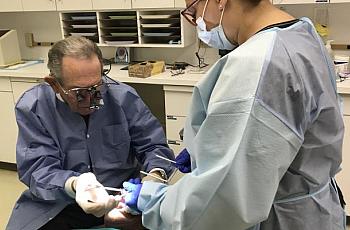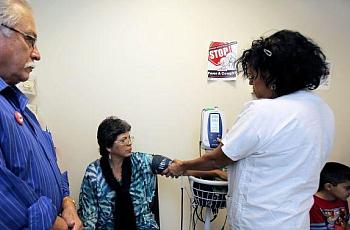
Yesenia Amaro
Reporter

Reporter
I am an investigative reporter at Oregonian. Previously, I was a staff writer at Fresnobee. Before that, I was a journalist for The Phnom Penh Post in Phnom Penh, Cambodia and health care reporter for the Merced Sun-Star newspaper in Merced, California and as a Washington education reporter for the Moscow-Pullman Daily News in Moscow, Idaho for two years. My first job as a reporter was with La Raza Del Noroeste, a Seattle-area newspaper owned by the Washington Post. Through a partnership the paper established with KUNS-TV, I also worked as a reporter for the TV station and anchored a weekly segment. In 2010, I received a regional award from the Utah-Idaho-Spokane Associated Press. In 2008, I worked as an undercover reporter for KOMO-TV, an ABC Affiliate in Seattle, where I helped break a story dealing with a black market of prescription medicine being sold in Hispanic grocery stores. The story received the 2008 Regional Edward R. Murrow Award for Investigative Journalism and the 2008 Regional Northwest Emmy for Investigative Reporting.

The Affordable Care Act has helped fuel growth in centers that cater to the health needs of disadvantaged children.

Four years after Fresno County leaders earmarked nearly $6 million to meet the health care needs of poor residents, only a fraction of the money has been spent.

While efforts to expand dental insurance rarely receive the same level of attention in the state as battles over universal medical care, the health implications are significant, experts say.

Many California entrepreneurs struggle to pay for insurance. But they could get a boost under Gov. Gavin Newsom’s latest proposals.

The Trump administration's immigration crackdown stops many immigrants from using public health services for fear they'll be declared a "public charge."

<p>Some local entrepreneurs have been stunned because they failed to meet all the rules for the small-business tax credits in last year's highly vaunted federal health care law to help cover their health care costs.</p><p>Despite their disappointment, they're hopeful that another part of the

<p>Journalist Yesenia Amaro examines how some small businesses will cope with health reform as their health costs for workers continue to soar.</p>

<p>Janna Rodriguez, one of the owners of J&R Tacos in Merced, wants to learn more about the specific provisions in the federal health care law designed to help small businesses such as hers. Her restaurant, which opened almost five years ago, employs eight part-time employees — and none
<p>From greener school lunches to required nutritional information printed on fast-food menus, it's clear that state and federal governments are urging Americans to take control of their health -- starting with food. This is part four in a four-part series.</p><p><a href="http://www.reportingonhealth.org/fellowships/projects/healthy-homework-… one: Convenience often trumps nutrition</a></p><p><a href="http://www.reportingonhealth.org/fellowships/projects/healthy-homework-… two: Committed to nutrition</a></p><p><a href="http://www.reportingonhealth.org/fellowships/projects/healthy-homework-… three: Providing healthier choices</a></p><p> </p>
<p>In an effort to promote healthier eating habits among students, Merced County school officials are eliminating foods high in fat from school meal offerings and replacing them with fruits, vegetables and other nutritious alternatives. This is part three in a four-part series.</p><p><a href="http://www.reportingonhealth.org/fellowships/projects/healthy-homework-… one: Convenience often trumps nutrition</a></p><p><a href="http://www.reportingonhealth.org/fellowships/projects/healthy-homework-… two: Committed to nutrition</a></p><p><a href="http://www.reportingonhealth.org/fellowships/projects/healthy-homework-… four: No escape from healthy lifestyle effort</a></p>